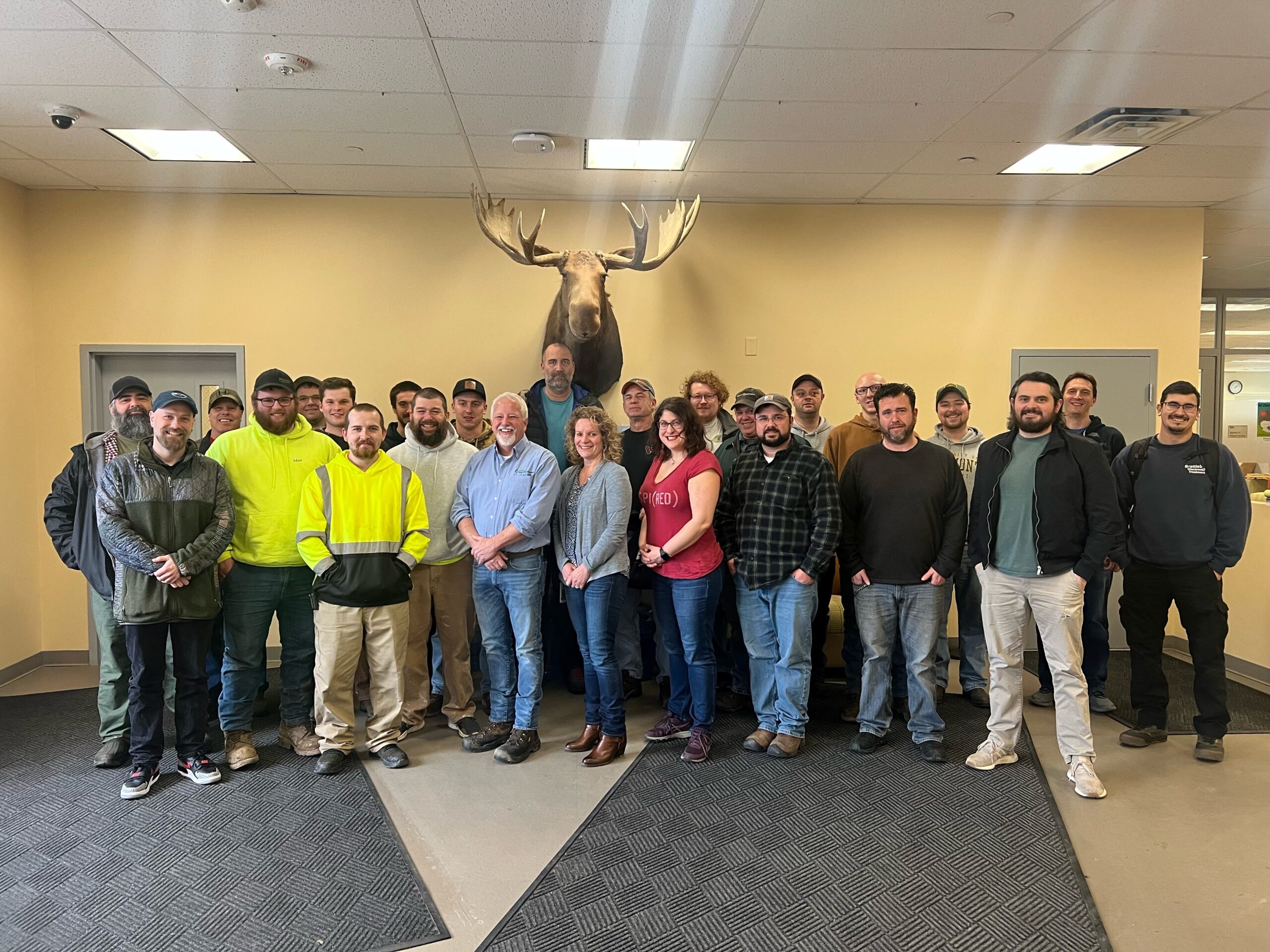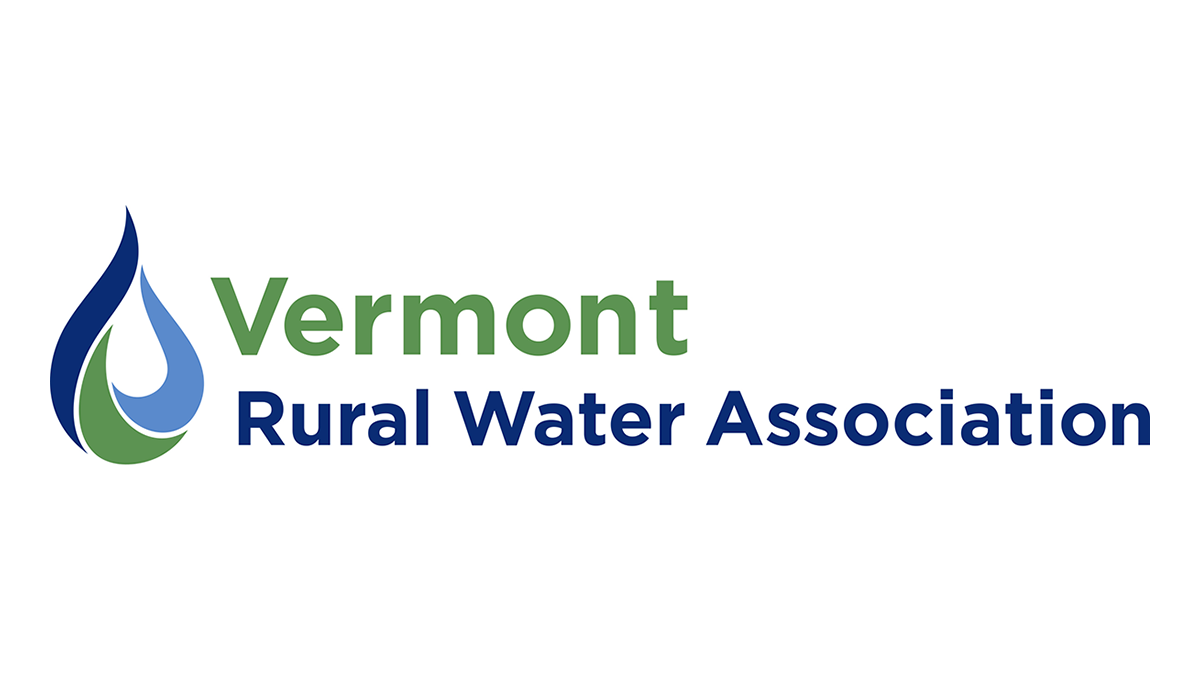by Paula Jackson
This article was published in the summer 2024 issue of our newsletter.
As I approach my 40th year in the water resources field, I am reminiscent of how I was taught operation and maintenance of water treatment and distribution systems as well as wastewater collection and treatment systems. The process of training new operators has not changed much at all, except that apprenticeship is now an option.
I was lucky enough to go through an eight-week Air Force Technical School to become an Environmental Support Specialist. I received 40 hours per week of education on water and wastewater systems, pools, grease traps, and oil/water separators. It was a great educational start in our profession. After tech school came on-the-job training—which still continues today. We are always learning in our profession. It truly takes a dedicated person to be a water or wastewater operator!

Students and instructors of the winter session of the Basic Wastewater Course in Montpelier.
As Vermont Rural water approaches the five-year mark of our Apprenticeship Program, I can’t help but to think how much more support the new generation of Apprentice-Operators are receiving to keep up with the evolution of regulations and the wrath of climate change.
Gone are the days of operating your facilities the way it’s always been done. The new generation of operators needs to learn how to operate and maintain their facilities in a proactive and optimized manner. In order to accomplish this, they need to be well educated and have like-minded mentors to guide them.
Mentors are seasoned operators who are responsible for the day-to-day training of an apprentice at a water or wastewater facility. While one person serves as the official mentor, other experienced coworkers also provide mentorship to new apprentices.
Together with their mentor, apprentices get to know their facilities and start asking, “How can we do this better? What can we do to get ahead of climate change? How can we be safer?”
The Apprenticeship Program supports new operators with 288 hours of education plus 4,000 hours of on-the-job training. This usually takes two years. The program builds confidence for both the apprentice and the mentor, who now takes on a new role as a teacher. Mentors often find that teaching an apprenice builds their own knowledge of their facilities.
We are finally starting to see more workers in the water resources profession. Since the start of 2024 alone, there have been 41 operators taking the Basic Wastewater Course and a total of 29 in Class 3, Class 4, and Distribution water courses. That is a lot of new operators in this field!
Having a team of educated, enthusiastic and dedicated professional operators at your facility can sometimes feel like an impossible dream. Apprenticeship is a big step in that direction. Apprenticeship can bring your team together as you all become mentors and provide on-the-job training for the new worker.
If you would like more information on Vermont Rural Water’s Apprenticeship Program, please contact Paula Jackson at pjackson@vtruralwater.org or Allison Smith at asmith@vtruralwater.org.

